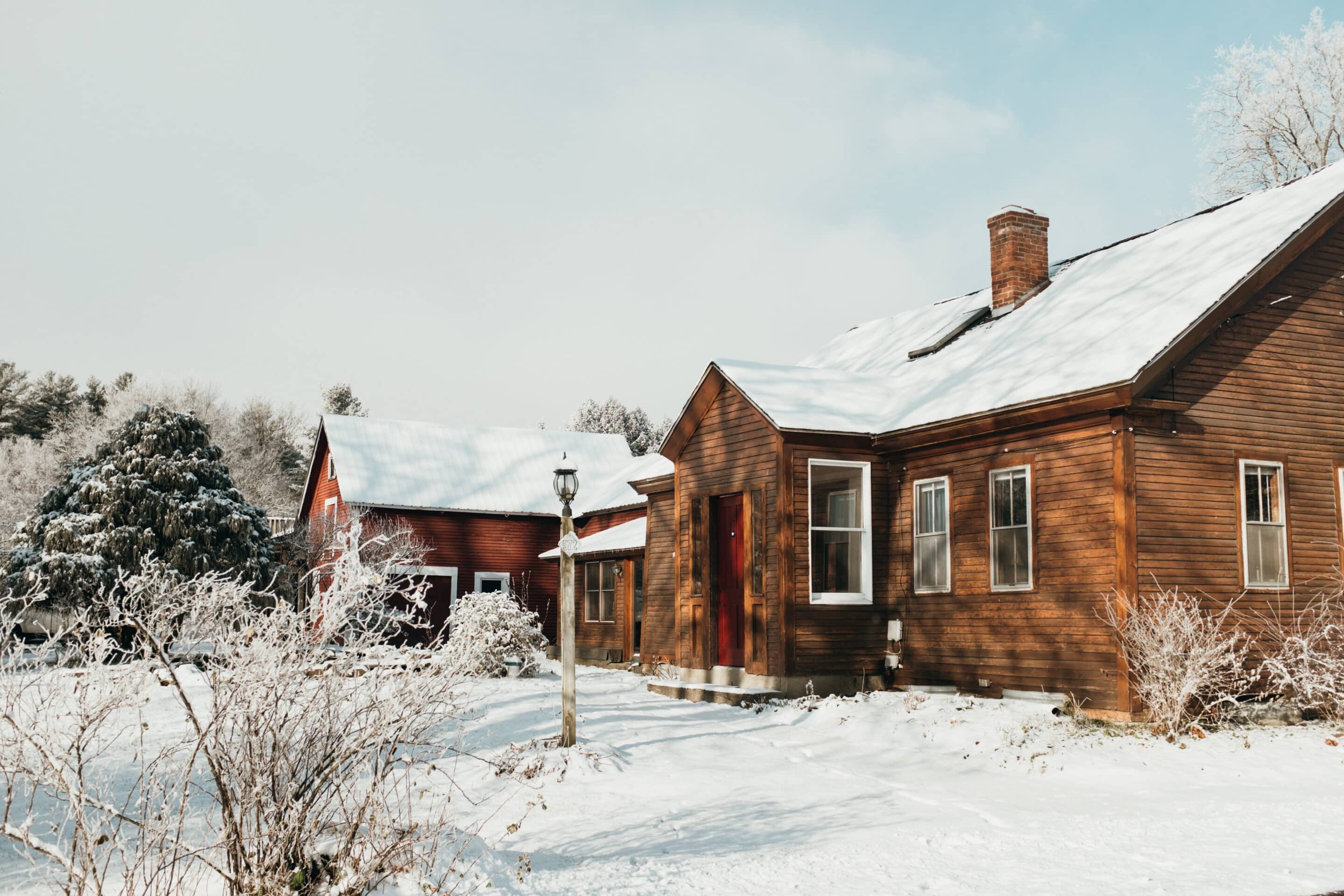Propane Preparedeness

Winter weather, from freezing rain and ice storms to heavy snow and blizzards, is a fact of life in many areas. These storms can knock out power for extended periods, make travel hazardous, and limit access to fuel and emergency services. If your home uses propane, being prepared is essential to keep your family safe and warm.
Maintain Your System and Supply
A few simple checks on your propane tank and heating system can prevent major headaches during a storm.
- Ensure an Ample Supply: Talk to your propane supplier about scheduling regular refills throughout the winter. This strategy helps you avoid running out of fuel during a severe storm when delivery trucks may not be able to reach you.
- Mark Your Tank: Place a tall, brightly colored flag or pole next to your tank so it remains visible above deep snow. This marker helps you and snow removal crews avoid accidentally plowing or shoveling snow on top of the tank and its components. If your tank becomes covered, use a broom, not a shovel, to gently clear the snow away.
- Get a Professional Tune-Up: Before the heating season begins, have a qualified service technician inspect your propane appliances and heating system. A well-maintained system runs more efficiently, which saves fuel and money while ensuring safe operation.
Contact Us Today For a Tuneup!
Prepare Your Home and Family
Your internal preparations are just as important as your external ones. Creating a plan and a supply kit ensures you can weather the storm safely.
- Create an Emergency Plan: Review an emergency preparedness plan with your entire family. Post a list of contact information for your propane supplier and local emergency services (like the fire department). Your plan should include clear instructions on how to turn off the propane, electricity, and water. Important: If you shut off your propane, a service technician must inspect your system before you can safely turn it back on.
- Assemble a Disaster Supply Kit: Prepare a kit with enough essential supplies to last for several days. Good items to include are:
- Water and non-perishable food, along with a can opener
- Extra blankets, sleeping bags, and warm clothing
- Flashlights and extra batteries
- A battery-powered NOAA weather radio to stay informed of changing conditions
- Accessible snow-removal equipment, rock salt, and firewood
Prevent Carbon Monoxide Poisoning ?
One of the most significant risks during a winter storm is carbon monoxide (CO) poisoning from blocked vents.
Routinely check that all chimneys, flue pipes, and vent connectors are clear of snow, ice, or other debris. Blocked ventilation can cause deadly CO gas to build up inside your home. Use a broom to gently clear these areas, as a shovel could cause damage. Maintaining clear vents is crucial for your family’s safety.
Stay calm and think clearly during a winter storm to keep your family safe. Monitor weather updates on a radio or TV. Remember that storms can last a few days, and blocked roads may prevent fuel deliveries. To make your fuel last longer, set your heat to 65°F during the day and 55°F at night. Save even more heat by closing doors to rooms you aren’t using. If you’re unsure about anything, call us at (207) 442-7994 or send us a message and we will be happy to answer your questions regarding fuel safety.
